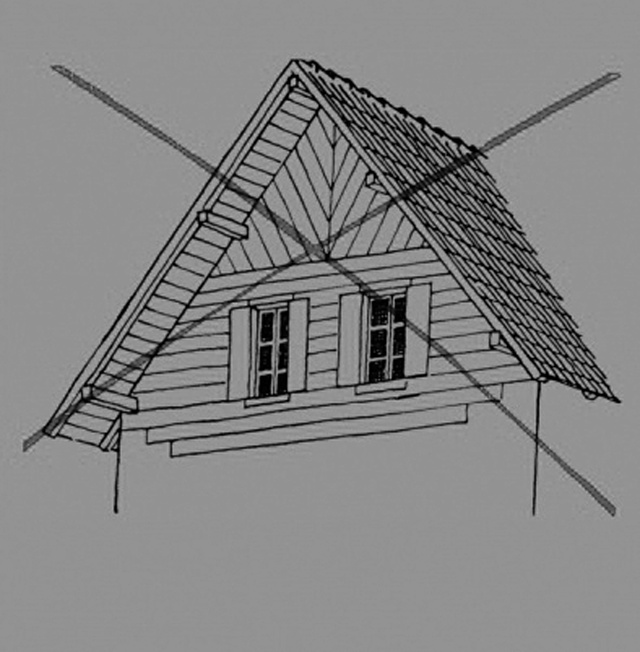
The aim of the research project was to investigate the development of Heimatschutz in Styria from its beginnings until the present day, both exemplarily and from an interdisciplinary perspective.
Initiated at the close of the 19th century in Germany and supported by conservative and German nationalist urban circles in Austria as a reaction to perceived changes in traditional land and townscapes, the Heimatschutz developed rapidly into an international cultural reform movement with the aim of holistically and normatively shaping built and natural environments with the help of modern media and lobbying. From 1909 on, the Heimatschutz movement was institutionalised in Graz as an association boasting prominent members from local elitist circles (that still exists today). The research project aimed to investigate the development of Heimatschutz in Styria from its beginnings until the present day, both exemplarily and from an interdisciplinary perspective.
Results
Research focused on mechanisms and ideologies of the regional quest for identity as well as on relations to (cultural) policy on the one hand, and to international and regional architectural discourse on the other. Basic archival research work has shed light on the association’s entanglements with political systems during and beyond the upheavals of 1933/34, 1938 and 1945, its normative interventions in the (architectural) field and attempts to reposition itself in view of contemporary architecture. Publication:
Antje Senarclens de Grancy (Hg.): Identität Politik Architektur. Der „Verein für Heimatschutz in Steiermark“ (architektur + analyse Bd.4), Berlin: jovis-Verlag 2013 Project duration:
2010 – 2012 Financing
Province of Styria – Culture and Science
City of Graz – Science
Bundesministerium für Unterricht, Kunst und Kultur Projectmanagement:
Antje Senarclens de Grancy, Institute of Architectural Theorie, History of Art and Culture Studies, TU Graz Projectpartnerships:
Verein BauKultur Steiermark
Institute of History, Karl-Franzens-University of Graz
Research focused on mechanisms and ideologies of the regional quest for identity as well as on relations to (cultural) policy on the one hand, and to international and regional architectural discourse on the other. Basic archival research work has shed light on the association’s entanglements with political systems during and beyond the upheavals of 1933/34, 1938 and 1945, its normative interventions in the (architectural) field and attempts to reposition itself in view of contemporary architecture. Publication:
Antje Senarclens de Grancy (Hg.): Identität Politik Architektur. Der „Verein für Heimatschutz in Steiermark“ (architektur + analyse Bd.4), Berlin: jovis-Verlag 2013 Project duration:
2010 – 2012 Financing
Province of Styria – Culture and Science
City of Graz – Science
Bundesministerium für Unterricht, Kunst und Kultur Projectmanagement:
Antje Senarclens de Grancy, Institute of Architectural Theorie, History of Art and Culture Studies, TU Graz Projectpartnerships:
Verein BauKultur Steiermark
Institute of History, Karl-Franzens-University of Graz
